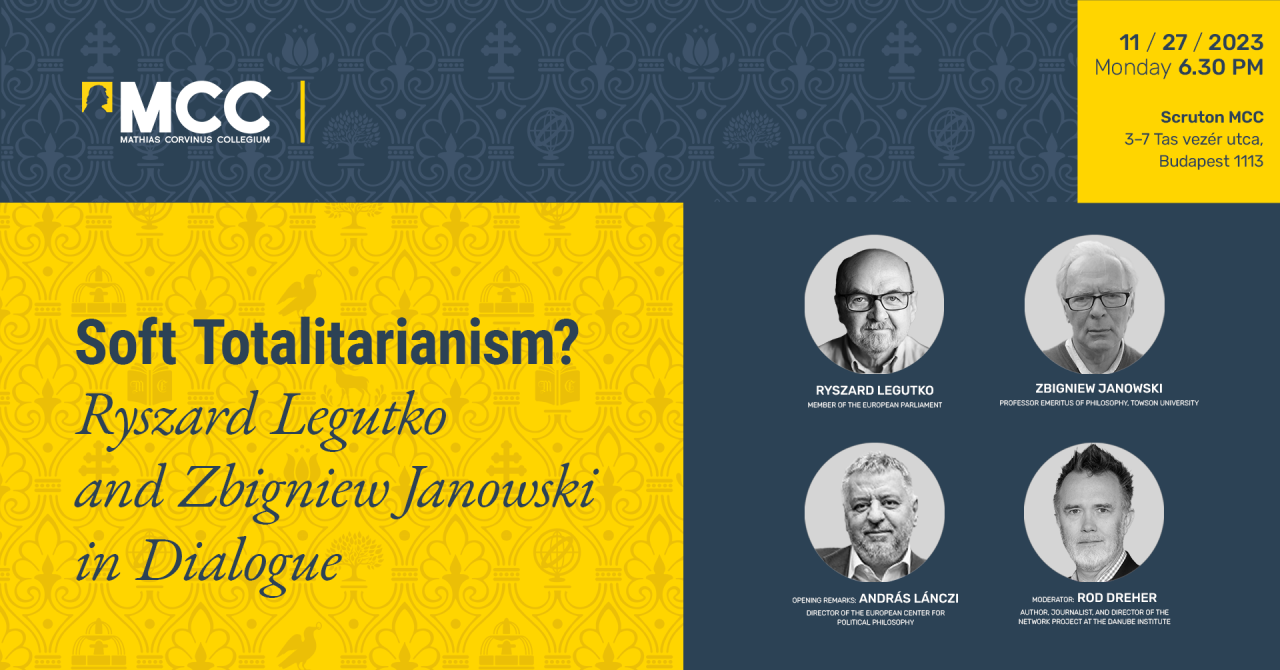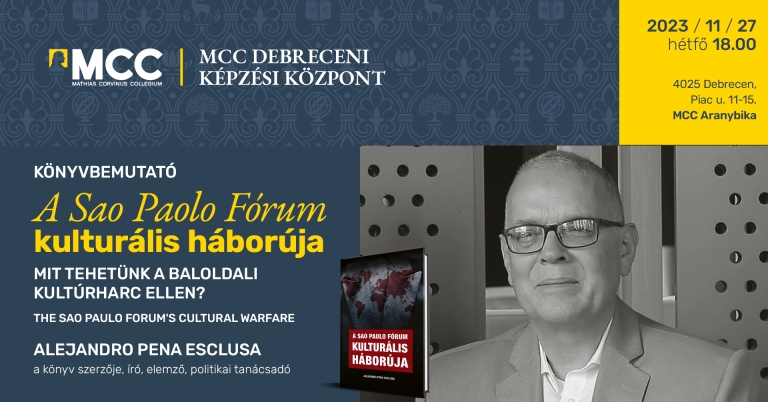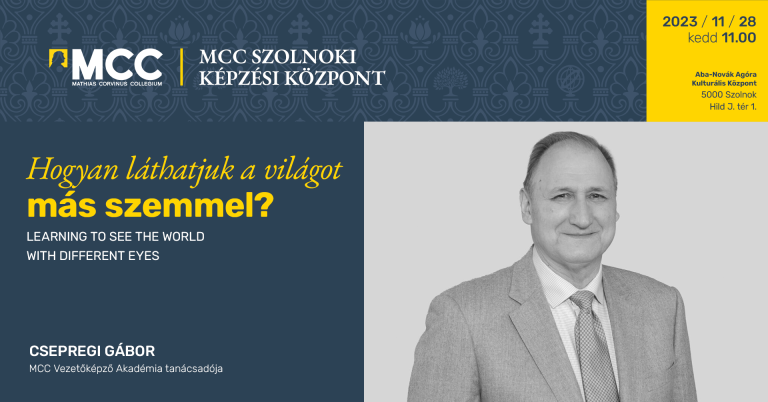The collapse of communism in 1989 marked, or it seemed at the time, the end of the totalitarian age. History ended, too, as Francis Fukuyama told us.
The subsequent history of the last 34 years has revealed, however, that totalitarianism is very much alive and well. However, in contrast to Communism, Italian Fascism, and German Nazim, the new totalitarianism does not use force, which is why it is called 'soft.' What makes it akin to its predecessors is the imposition of ideological conformity, a systemic lie, and an attempt to create "a New Man". Strangely enough, the possibility of new forms of totalitarianism went unnoticed by most 20th-century political theorists. Yet the possibility of its existence had been heralded by several thinkers: Tocqueville, Dostoyevsky, Zamyatin, Huxley, and Jacques Ellul - all of whom connected it with liberal democracy.
Ryszard Legutko and Zbigniew Janowski are authors of The Demon in Democracy: Totalitarian Temptations in Free Societies and Homo Americanus: The Rise of Totalitarian Democracy in America. In their respective works, Legutko and Janowski attempt to explain the phenomenon of soft-totalitarianism and its relationship to liberal democracy. Both authors argue that contrary to the common belief, the expansion of liberalism and democracy does not lead to expanding the realm of individual freedoms but creates a new social and political framework in which profound enslavement of the citizens of contemporary Western societies is possible
The event is open to the press and all, but pre-registration is required.
Language: English
Program:
6.30 PM Opening Remarks
· András Lánczi, Director of the European Center for Political Philosophy
6.40 PM Panel Discussion
· Ryszard Legutko, Member of the European Parliament
· Zbigniew Janowski, Professor Emeritus of Philosophy, Towson University
· Moderator: Rod Dreher, author, journalist, and director of the Network Project at The Danube Institute
7.45 PM Q&A
BIO
RYSZARD ANTONI LEGUTKO is a Polish philosopher and politician. Under communism, he was one of the editors of the samizdat quarterly Arka. After the collapse of the communist regime, he co-founded the Centre for Political Thought, which combines research, teaching, seminars and conferences and is also a publishing house. He has translated and written commentaries to Plato’s Phaedo (1995), Euthyphro (1998) and Apology (2003). He is the author of several books: Plato’s Critique of Democracy(1990), Toleration (1997), A Treatise on Liberty (2007), An Essay on the Polish Soul (2008) and Socrates(2013). In 2007 he was Poland’s Education Minister, and in 2007–2009 Secretary of State in the Chancellery of President Lech Kaczyński. He is currently a Member of the European Parliament, where he sits on the Culture and Education and the Budgetary Control Committees, and Deputy Chairman of the Conservatives and Reformists parliamentary group.
ZBIGNIEW JANOWSKI received his M.A. in philosophy from The Catholic University of America, Washington D.C. and his Ph.D. from the Committee on Social Thought at the University of Chicago. He taught in the USA, Canada and France. He authored several books on Descartes and edited Leszek Kolakowski and John Stuart Mill's writings. His most recent book is Homo Americanus: The Rise of Totalitarian Democracy in America.
ROD DREHER is a bestselling author, journalist, and director of the Network Project at The Danube Institute, a think tank in Budapest. He is also a columnist for The European Conservative. A veteran of over three decades in the news business, Dreher's books "The Benedict Option" (2017) and "Live Not By Lies" (2020) have both been translated into over 11 languages. His next book, about Christian re-enchantment in a post-Christian era, will be published in 2024


